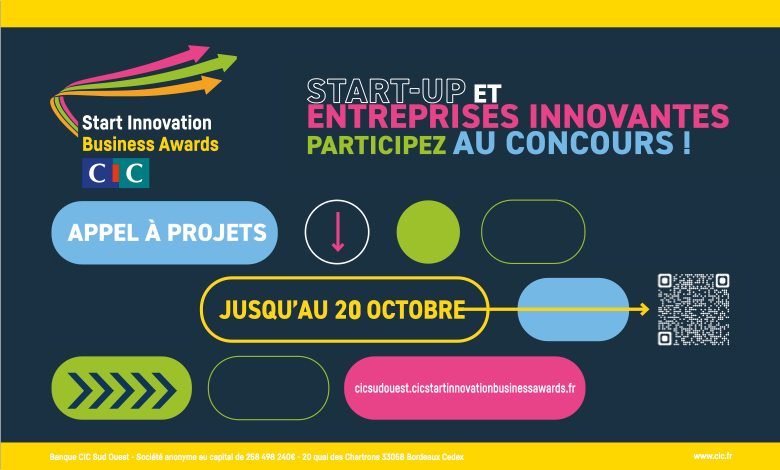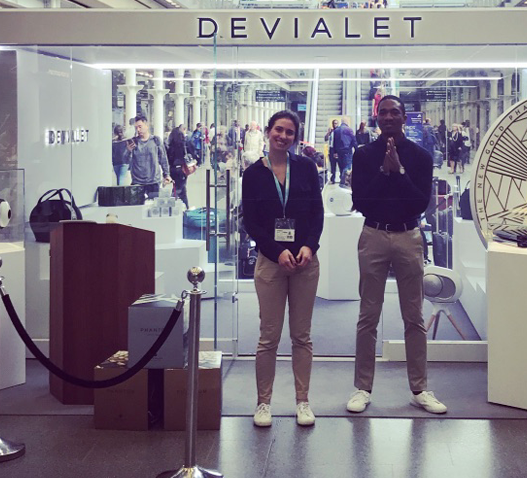In a context where energy optimization and the customization of electronic chips are at the heart of developing new services leveraging AI, Keysom, a French deeptech company, aims to establish itself as a disruptive player. The startup has just completed a €4 million funding round, backed by French Tech Seed, managed on behalf of the French State by Bpifrance, as well as IRDI Capital Investissement, Xplore by Épopée Gestion, and EuroBIM. This operation marks a strategic turning point for Keysom, which seeks to transform the semiconductor industry with its revolutionary no-code platform.
A Market in Transformation: Why Keysom’s No-Code Technology Is a Game-Changer
The global semiconductor market, currently booming, faces several major challenges: ongoing chip shortages, increasing demand, and high production costs. At the same time, the need to reduce the energy consumption of electronic devices is becoming urgent. Keysom offers a solution to these issues with its innovative platform, Keysom Studio, which allows industries to design custom processors without requiring in-depth technical knowledge.
While off-the-shelf generic processors still dominate the industry, they often fail to meet specific business needs, wasting up to 50% of their unused features. Keysom’s solution is based on a highly personalized approach, enabling users to adjust processor architectures according to their actual needs while optimizing energy consumption and reducing costs.
“Our software allows us to explore up to 12 million processor combinations to deliver optimized solutions that address cost, performance, and energy efficiency challenges,” says Luca Testa, co-founder and COO of Keysom.
Keysom Studio: Democratizing Custom Processor Design
The Keysom Studio tool represents a true technological breakthrough. Thanks to its user-friendly interface, industries can now design custom processors without having to assemble specialized engineering teams. With just a few quick iterations, it becomes possible to explore, test, and optimize a wide range of complex architectures, thus meeting the specific needs of sectors such as automotive, IoT, and embedded systems.
By removing the technical barrier that traditionally slowed down the development of custom chips, Keysom enables a transition to a more agile production process tailored to modern needs. The benefits for companies are twofold: improved energy efficiency and reduced production costs through optimized use of raw materials like silicon.
“In a market where industries are forced to over-engineer their processors, generating excess costs and waste, we provide an ecological and economical solution through custom-designed processors,” explains Cyril Sagonero, president of Keysom.
A Strategic Funding Round for International Expansion
This €4 million funding round marks a major milestone for Keysom, which intends to accelerate its international development and recruit new talent, particularly in R&D. By targeting markets such as Europe, the U.S., and Asia, Keysom aims to position itself as a leader in custom processor design, addressing the growing demand for optimized and personalized chips.
The funds raised will also be used to expand the technical team, strengthen innovation, and continue improving the performance of the Keysom Studio platform. This expansion is supported by institutional partners such as Bpifrance, which aligns with the France 2030 initiative aimed at enhancing France’s technological sovereignty.
Environmental Impact: Innovation in the Service of Energy Efficiency
One of Keysom’s major contributions lies in reducing the environmental footprint of processors. By adapting architectures to specific needs, the solution decreases the amount of silicon used, reduces the energy consumption of chips, and simplifies manufacturing processes.
In the context of the ecological transition, where the demand for more environmentally friendly technologies is strong, Keysom’s solution represents a strategic asset. By reducing waste and optimizing performance, it addresses one of the industry’s greatest concerns: balancing performance and sustainability.
“Reducing the silicon footprint per chip is a key lever for industries, especially as the demand for semiconductors soars. Our approach allows us to combine competitiveness with environmental responsibility,” concludes Luca Testa.





















